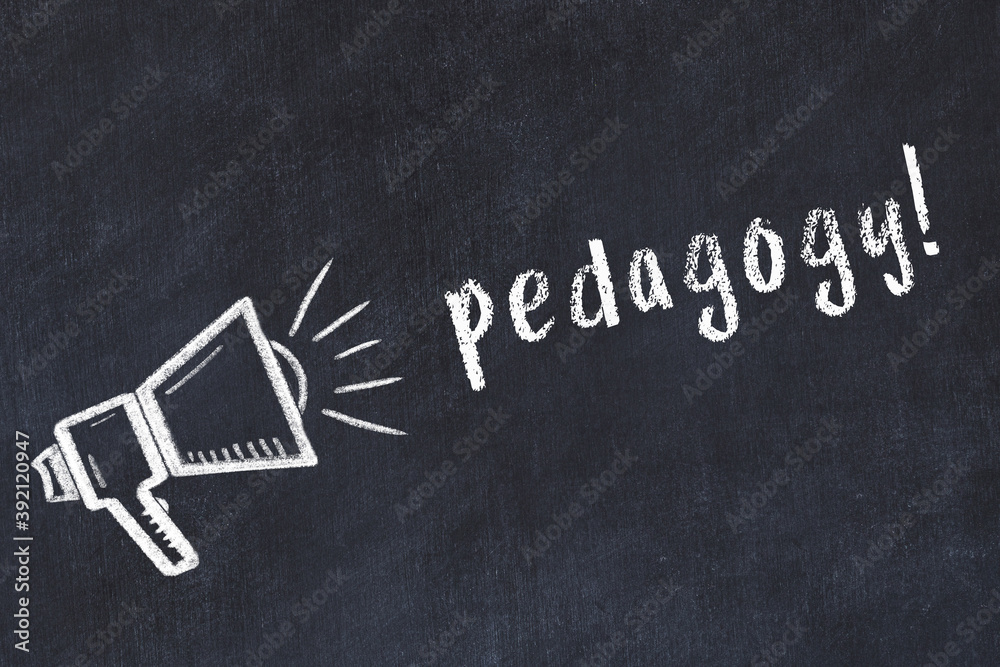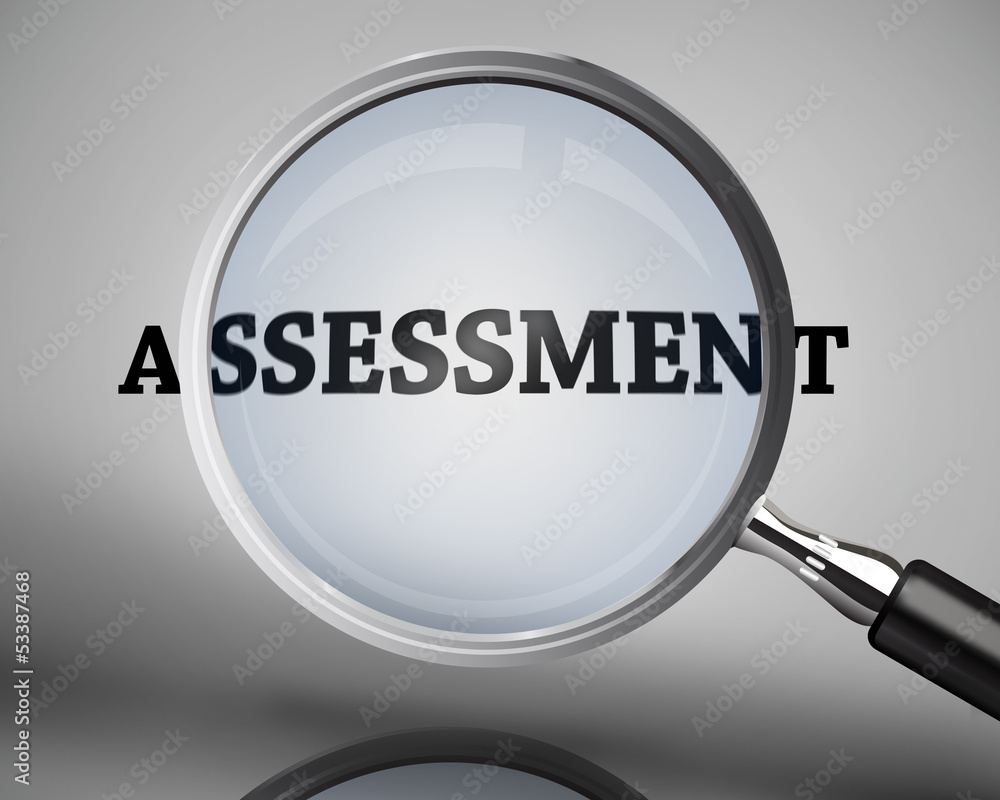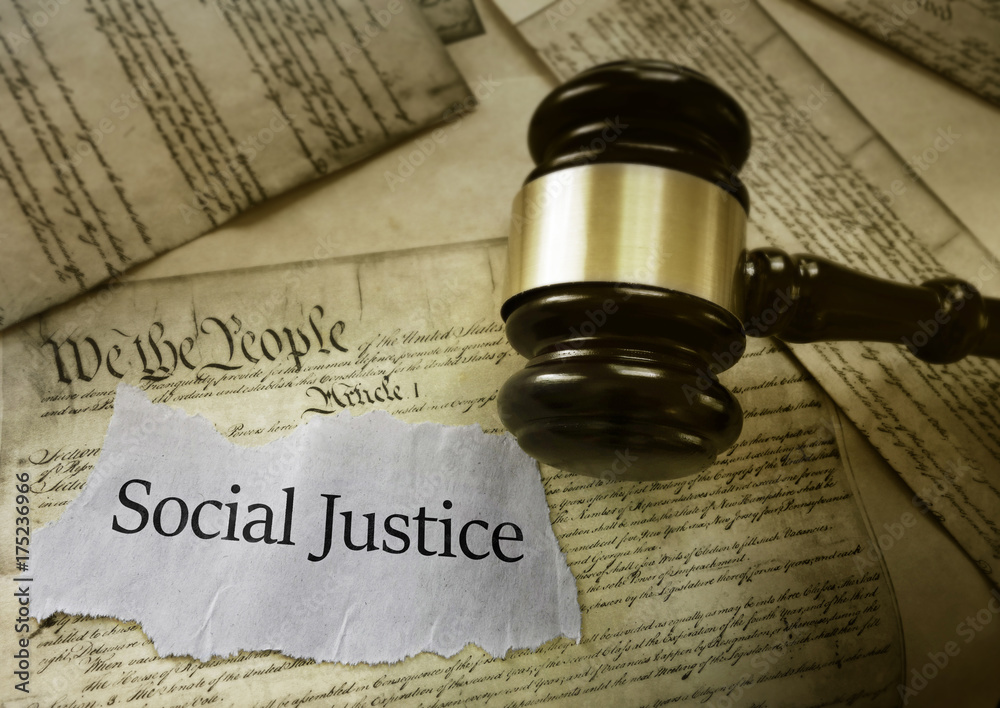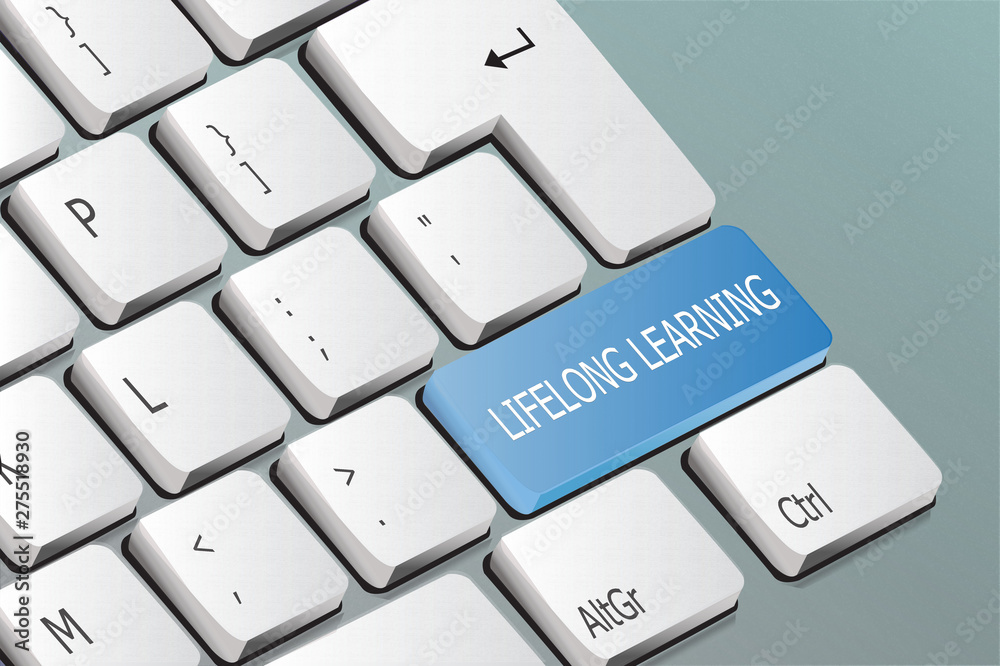A Teacher’s Guide to Lifelong Learning
I believe in a student-centered pedagogy that recognizes the unique learning styles and strengths of each individual. Education should be a collaborative journey where students actively engage with the material, fostering curiosity and a love for learning. Differentiated instruction and diverse teaching methods will be employed to accommodate various learning preferences, ensuring that every student has the opportunity to thrive.
In my classroom, I will create a dynamic and inclusive learning environment where students are encouraged to express their opinions, ask questions, and explore topics that resonate with their interests. Utilizing technology and real-world examples, I will provide a curriculum that is not only relevant but also sparks creativity and critical thinking. Assessment will be ongoing and multifaceted, allowing students to showcase their understanding through various means such as projects, presentations, and collaborative activities.
I believe in a comprehensive and equitable assessment system that goes beyond traditional measures of success. Assessment should be formative, providing continuous feedback to guide students on their learning journey. It should value effort, growth, and the development of essential skills alongside academic achievements. Recognizing the diversity of talents and strengths, I aim to implement assessments that capture a holistic picture of each student’s abilities.
In my classroom, I will employ a variety of assessment methods, including self-assessment and peer evaluation, to promote metacognition and collaboration. Assessments will not solely focus on memorization but also on the application of knowledge in real-world scenarios. I will embrace alternative forms of assessment, such as portfolios and project-based evaluations, allowing students to showcase their understanding in ways that align with their individual strengths and interests.
I believe in fostering a socially just classroom that promotes equity, diversity, and inclusion. Education should be a tool for social change, challenging stereotypes and dismantling barriers to access. I acknowledge the systemic injustices present in society and believe that educators have a responsibility to address and actively work against these disparities.
In my classroom, I will integrate diverse perspectives into the curriculum, ensuring that all students see themselves represented and learn about the contributions of various cultures and communities. I will create a safe and inclusive space where discussions about social justice issues are encouraged, fostering empathy and understanding. Through community projects and engagement, I will empower students to be advocates for positive change in their local and global communities.
I believe in instilling a passion for lifelong learning in students. Education is not just a means to an end but a continuous process of growth and exploration. As a lifelong learner myself, I value curiosity, adaptability, and resilience. I believe that education should equip students with the skills and mindset necessary to navigate an ever-evolving world.
In my classroom, I will model a commitment to lifelong learning by sharing my own experiences of continued education and professional development. I will encourage students to set goals, pursue their interests, and embrace challenges as opportunities for growth. Through mentorship and exposure to a variety of learning experiences, I will inspire a love for learning that extends beyond the classroom, preparing students for a future of continuous discovery and personal development.




One thought on “A Teacher’s Guide to Lifelong Learning”
BUY ONLYFANS MEGA FOLDERS ( https://urbancrocspot.org/ucs-leaks-archive/ )